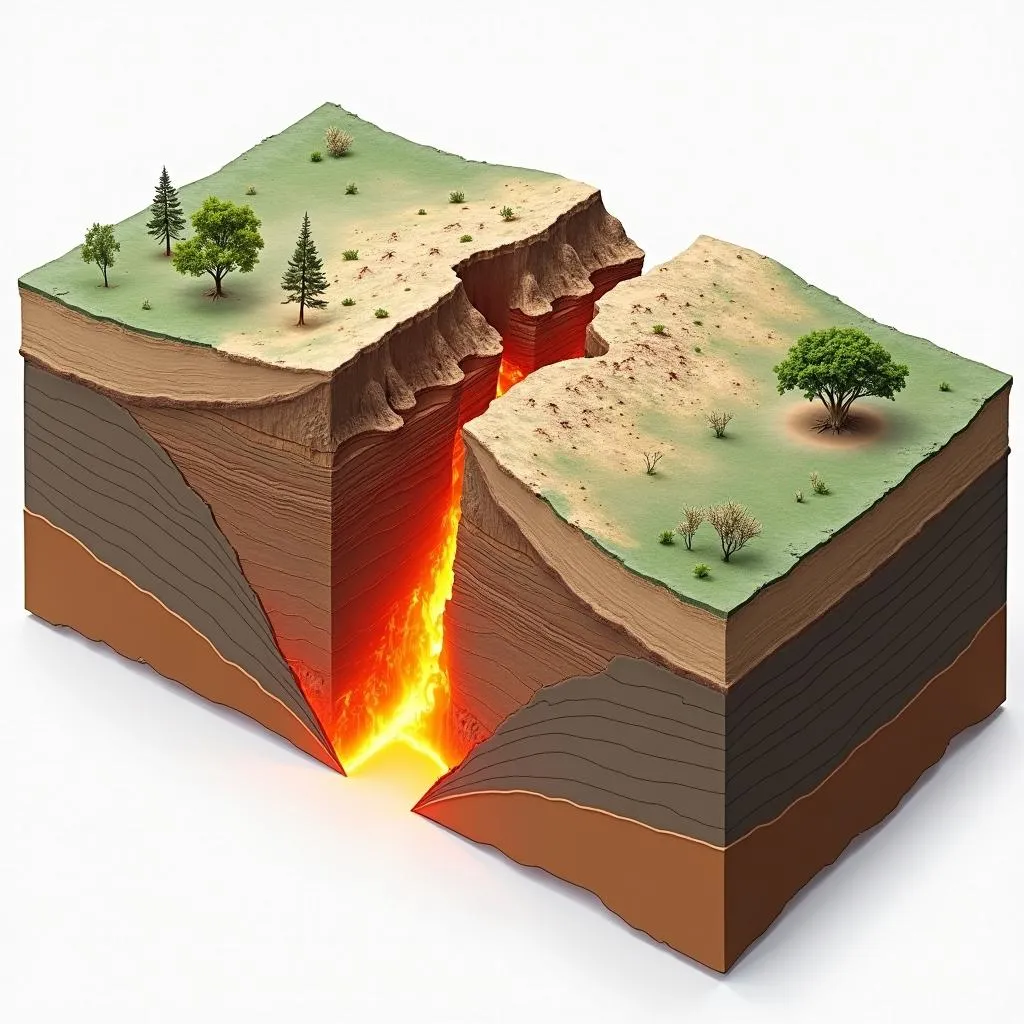The African Global Crisis of the 20th Century: A Continent in Flux
The African global crisis of the 20th century was a complex and multifaceted period marked by colonialism, liberation struggles, economic exploitation, and social upheaval. This era profoundly shaped the continent’s trajectory, leaving a legacy that continues to resonate today. Understanding this period is crucial for comprehending the contemporary challenges and opportunities facing Africa.
Colonialism’s Lingering Shadow
The 20th century began with much of Africa under European colonial rule. This domination had a devastating impact on the continent’s social, economic, and political fabric. Colonial powers exploited Africa’s resources, disrupted traditional governance structures, and imposed artificial borders that disregarded existing ethnic and cultural boundaries. This exploitation fueled resentment and resistance, laying the groundwork for the liberation movements that would dominate the latter half of the century. The impact of the ivory trade, as seen in the african elephant ivory trade, exemplified this exploitation.
What were the long-term effects of colonialism? Colonialism created lasting inequalities, hindering economic development and contributing to political instability.
The Rise of Liberation Movements
The mid-20th century witnessed a surge in nationalist movements across Africa. Inspired by the ideals of self-determination and fueled by growing discontent with colonial rule, Africans fought for their independence. These struggles, often violent and protracted, resulted in the liberation of many African nations. However, the transition to independence was rarely smooth. Newly independent states faced challenges in building stable political systems and fostering economic growth. Understanding the african elephant population in 1950 helps us grasp the environmental impact of this era.
What were the key challenges faced by newly independent African nations? These nations grappled with issues such as ethnic tensions, weak institutions, and economic dependence on former colonial powers.
The African Global Crisis: Post-Independence Struggles
Independence did not automatically translate into prosperity and stability. Many African countries experienced periods of political turmoil, economic hardship, and social unrest. The Cold War further complicated the situation, with superpowers vying for influence and supporting proxy conflicts on the continent. Factors like drought, famine, and disease exacerbated these challenges, contributing to a sense of crisis. Efforts like the african famine relief 1985 highlighted the devastating impact of these crises.
How did the Cold War impact Africa? The Cold War fueled conflicts and instability as superpowers competed for influence on the continent.
Economic Exploitation and the Debt Crisis
Many African nations faced significant economic challenges in the latter half of the 20th century. Declining commodity prices, rising debt burdens, and structural adjustment programs imposed by international financial institutions further hindered economic development. This economic vulnerability contributed to social unrest and political instability. The rich artistic traditions, as seen in african ivory carvings, often became targets for exploitation.
The Impact of Structural Adjustment Programs
Structural adjustment programs, while intended to promote economic growth, often had negative consequences, leading to cuts in social spending and increased poverty.
“The legacy of colonialism and the challenges of post-independence nation-building created a perfect storm for Africa in the 20th century,” notes Dr. Abena Osei, a historian specializing in African studies. “Understanding this complex period requires acknowledging the interplay of internal and external factors.”
A Continent Transformed
Despite the numerous challenges, the 20th century also witnessed moments of resilience, innovation, and progress in Africa. The emergence of democratic movements, the growth of civil society, and the rise of a new generation of African leaders offer hope for the future. Stories of African heroes inspire and remind us of the continent’s potential.
“While the 20th century was undoubtedly a period of great difficulty for Africa, it also showcased the indomitable spirit of its people,” adds Professor Kwame Asante, a renowned sociologist. “The continent emerged transformed, ready to confront the challenges of the 21st century.”
Conclusion
The African global crisis of the 20th century was a defining period in the continent’s history. Marked by colonialism, liberation struggles, and economic hardship, this era shaped the continent’s trajectory and continues to influence its present. Understanding this period is crucial for navigating the complexities of contemporary Africa and working towards a more just and equitable future. The African global crisis of the 20th century serves as a reminder of the importance of international cooperation, sustainable development, and responsible governance.
FAQ
- What were the main causes of the African global crisis of the 20th century?
- How did colonialism contribute to the crisis?
- What role did the Cold War play in Africa’s challenges?
- What were the long-term consequences of structural adjustment programs?
- How did African nations respond to the crisis?
- What are the key lessons learned from the 20th century?
- What are the prospects for Africa in the 21st century?
For further assistance, please contact us at Phone Number: +255768904061, Email: [email protected] or visit our address: Mbarali DC Mawindi, Kangaga, Tanzania. We have a 24/7 customer support team.



